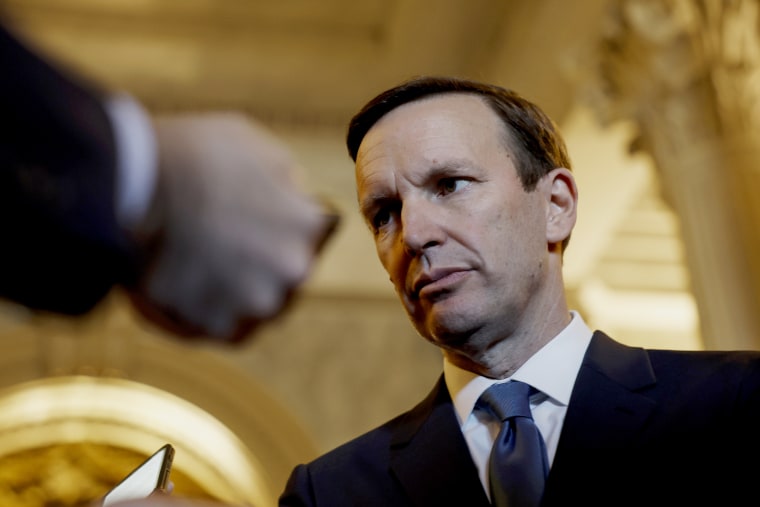In the wake of mass shootings in Buffalo and Uvalde, a group of lawmakers announced a new round of negotiations on a possible bill to address gun violence. The eye-rolling from many observers was practically audible.
After all, it was relatively early in Bill Clinton’s first term when Congress approved legislation to address gun violence, and in the nearly three decades that followed, mass shootings became more common, but federal policymaking didn’t. There have been plenty of instances in which officials talked about doing something over the last 28 years, but their failures left many cynical and convinced that Congress would never pass a good bill on this issue again.
This time, however, the skeptics had reason to be pleasantly surprised. NBC News reported:
The House passed the most sweeping legislation designed to prevent gun violence in nearly 30 years on Friday, sending the bill to President Joe Biden’s desk to be signed into law. The bill passed the House 234-193 on Friday afternoon, with 14 Republicans voting with all Democrats to support it.
Today’s vote came roughly 14 hours after the Senate approved the same bill, 65-33, with 15 Republicans voting with the Democratic majority, including half of the Senate GOP leadership team.
The White House has already said President Joe Biden is an enthusiastic supporter of the legislation, and he will sign it into law.
As for the contents of the bill, as we discussed the other day, the Bipartisan Safer Communities Act, much of which was negotiated by Democratic Sen. Chris Murphy of Connecticut and Republican Sen. John Cornyn of Texas, includes plenty of worthwhile provisions:
- The legislation creates resources for red flag grants to every state. Those that choose not to approve red flag laws will get related funds for other crisis prevention programs.
- It closes the so-called “boyfriend loophole,” restricting the gun rights of non-spouse dating partners who are convicted of domestic abuse.
- It makes new investments in mental health services and school-safety measures.
- It brings new clarity to laws regarding licensed gun dealers, as a way to strengthen the existing background-check system.
- It expands the background-check system for gun buyers under 21, allowing up to three days to conduct checks, and an extra 10 days if there are signs of concern.
- It creates new criminal penalties for firearm straw purchasing.
To be sure, there are all kinds of popular ideas reformers support — universal background checks, the restoration of the assault weapons ban, bans on high-capacity magazines, et al. — that were never seriously considered in the Senate talks due to Republican opposition.
But this modest, narrowly focused, unbelievably moderate bill passed, it’s likely to save lives, and it’s a breakthrough unlike anything Americans have seen in a generation.
It was also a bridge too far for Republicans.
In the Senate, 70 percent of GOP members opposed this modest, narrowly focused, bipartisan bill, including Republicans such as Florida’s Marco Rubio and Wisconsin’s Ron Johnson — incumbents in competitive battlegrounds who choose to ignore public demands for action.
In the House, 93 percent of GOP members also opposed this modest, narrowly focused, bipartisan bill. In fact, the House has roughly four times as many Republicans as the Senate, but fewer “yes” votes on the Bipartisan Safer Communities Act.
If GOP lawmakers saw this bill as excessive, there’s nothing that could meet their standards.

